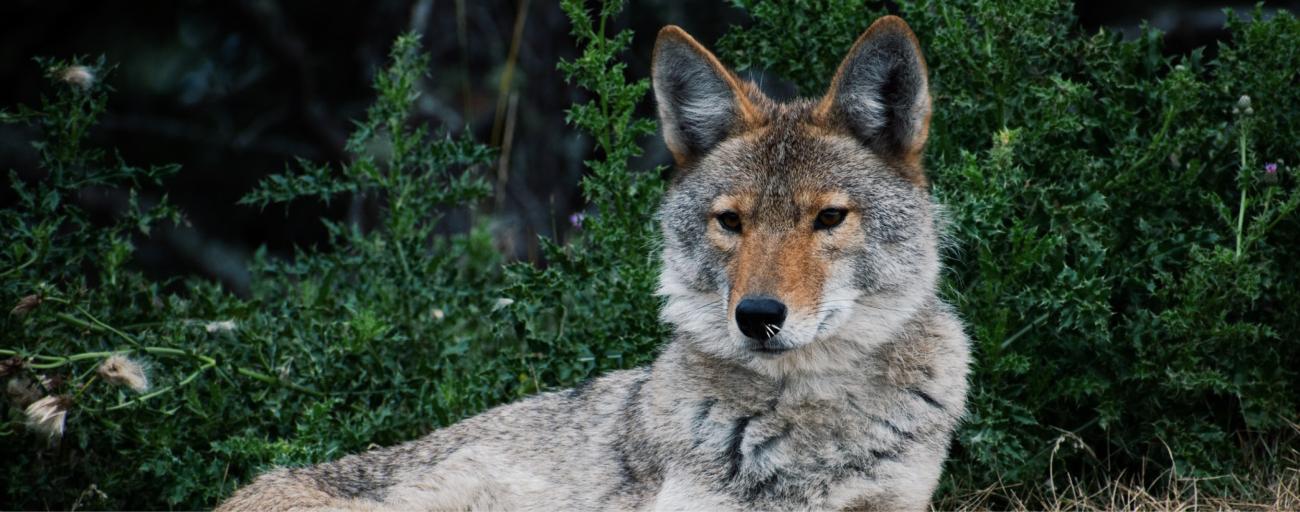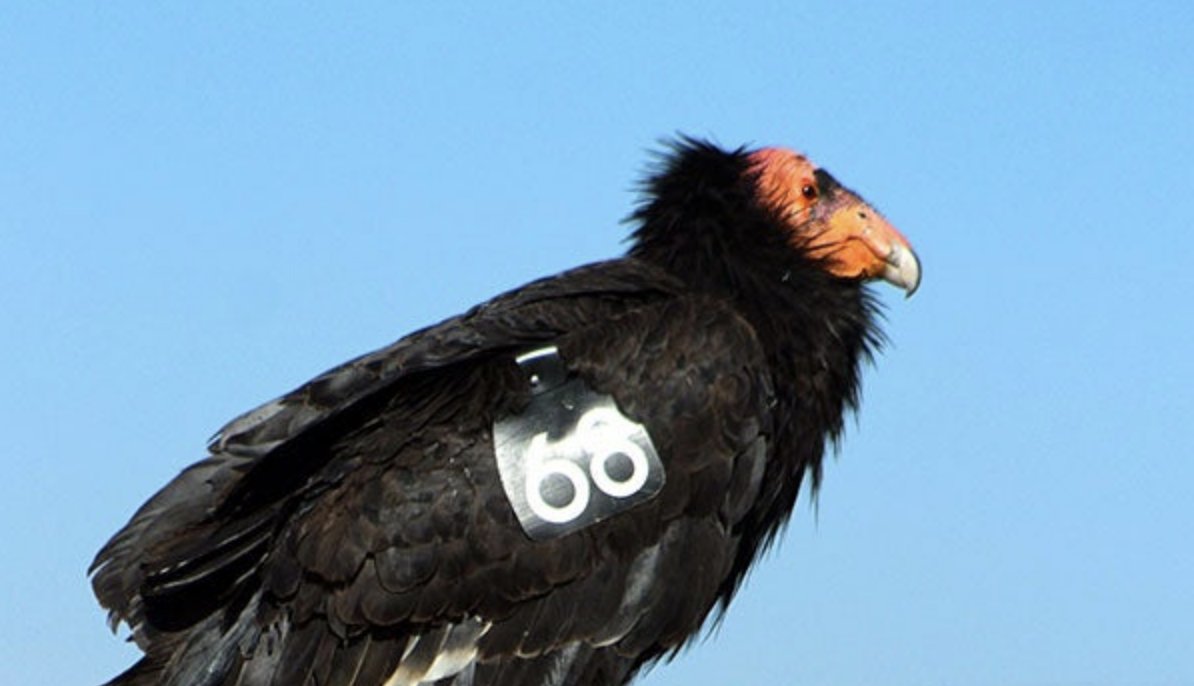
A Wilder Kingdom
Rethinking the wild
Zoos, wildlife parks, and beyond
Zoos have always had a vexed relationship to what is considered to be the “real” wild. Even the largest, most immersive, and naturalistic zoos, critics maintain, are unavoidably contrived and inauthentic environments in which any meaningful notion of the wild is simply unattainable. Zoo animals, they point out, are under pervasive and intense human control: diet, veterinary care, reproduction, and so on are all carefully managed and choreographed, with natural phenomena like disease minimized and death kept mostly “backstage,” hidden from public view. Furthermore, despite their growing commitment to conservation and education, zoos are of course also entertainment facilities responsive to visitors’ aesthetic expectations and recreational preferences. It’s a social context that poses challenges for thinking about what a “wilder” zoo – i.e., one reflecting and interpreting to the public a fuller suite of ecological and evolutionary processes, from reproduction and death to predation and competition – could (and might) be.
—
A Wilder Kingdom: Rethinking the Wild in Zoos, Wildlife Parks, and Beyond is an attempt to examine and understand these issues and challenges in a dialogue-driven setting. That is, it’s a forum for a premier set of voices to gather together to explore the shifting meaning of the wild and its expression across zoos and wildlife parks, as well as for human-nature relationships generally.
A Wilder Kingdom (Columbia University Press, under contract) is co-directed/co-edited by Ben Minteer and Harry Greene. It’s also a collaboration with the Arizona-Sonora Desert Museum in Tucson: a place-based zoo, botanical garden, natural history museum, and nature center known for its naturalistic and immersive exhibits, as well as for its long-running commitment to conservation education.
Contributors will assemble for a workshop at the Desert Museum in the late fall of 2021 (11/12-11/13). At this gathering, authors will present their papers and participate in a roundtable discussion about the wild, the challenges and prospects of enhancing it in zoological and wildlife parks, and the implications of this process for how we should think about and relate to wild nature across the larger landscape.

The driving questions
- What has, does, and should “the wild” mean, both for our understanding of animal populations and their management, and for our relationship to other species and nature? How has our philosophy of the wild changed over time — and where might it be headed given current environmental, technological, and social trends?
- Can zoos really become wilder in a meaningful and yet defensible sense, i.e., a vision that trades overly romantic traditions for a more pragmatic and scientifically grounded understanding? Can such a realist approach nevertheless retain aspects of the aesthetic and moral commitment to the wild even as it rejects idealist and purist accounts?
- And even if zoos can become wilder in significant and well-defined ways, should they go down this path given the social, philosophical, and practical concerns a “genuinely” wilder zoo may raise? Are there examples from the past and present that help us understand the implications of these efforts?
- What is the proper mix of science (e.g., ecology, evolutionary biology, animal behavior) and values (e.g., aesthetic ideals, ethical commitments) in shaping decisions about the wild and its place in zoos and wildlife parks?
- How does language -- especially the metaphors and imagery we use to describe and distinguish the wild (e.g., from the “captive” or domesticated) -- play into our understanding and relationship with animals, both in zoos and beyond?
- How do and should culture and context figure in our understanding of the meaning of the wild in zoos, wildlife parks, and elsewhere? What might all this bode for our relationship to the wild (animals, landscapes) and our connection to nature — wild and otherwise — moving forward?
Logistics
- Airfare – No reimbursements allowed per ASU new guidelines. Airfare must be booked through Anthony Travel (ASU’s only airfare service provider). Please email [email protected] when you are ready to book your airplane tickets.
- Ground Transportation – Receipts required for airport transport over $50. Gratuity limit of 20%.
- Hotel - Room, fees, and taxes will be paid by Arizona State University directly (room service or alcohol will not be covered)
- Fill out the Independent Contractor Reimbursement Form found here
- If you are using your own vehicle please fill out the Reimbursement Form for mileage found here
- Become a supplier with Arizona State University using the link found here
- Provide the Alien Data Collections form and supporting documentation required by the form found here
- Complete the form W-8BEN – Instructions found here
- Depending on your tax and citizenship/resident status you may need form 8233
- Provide wire transfer in the form found here